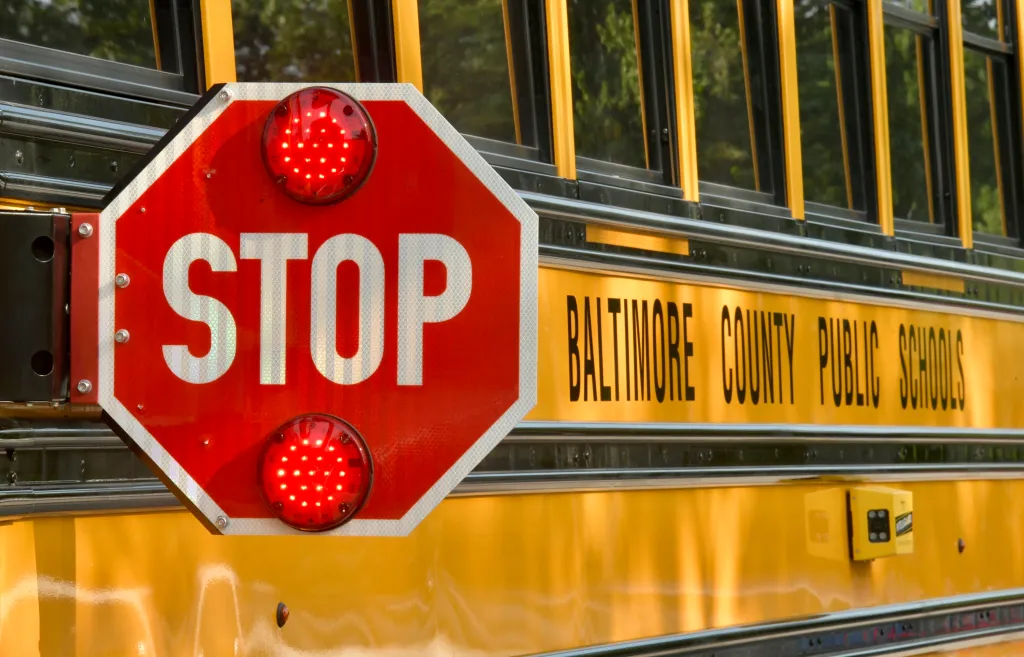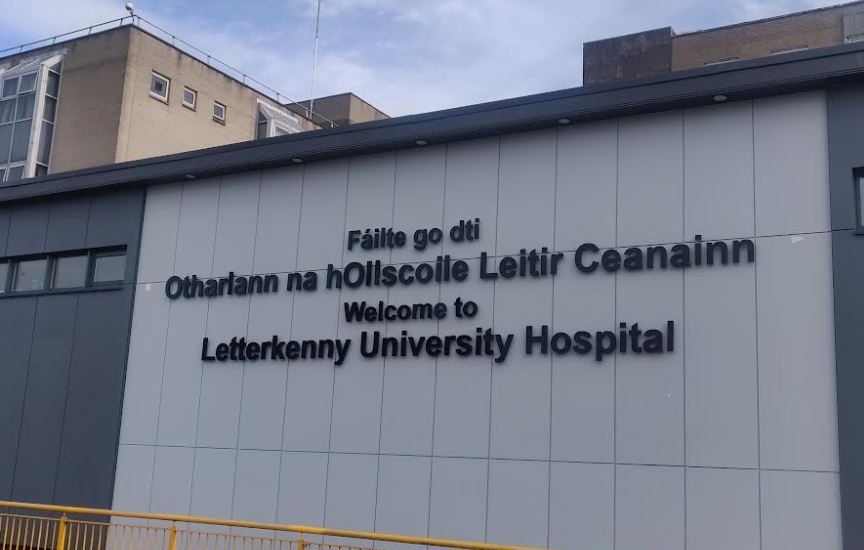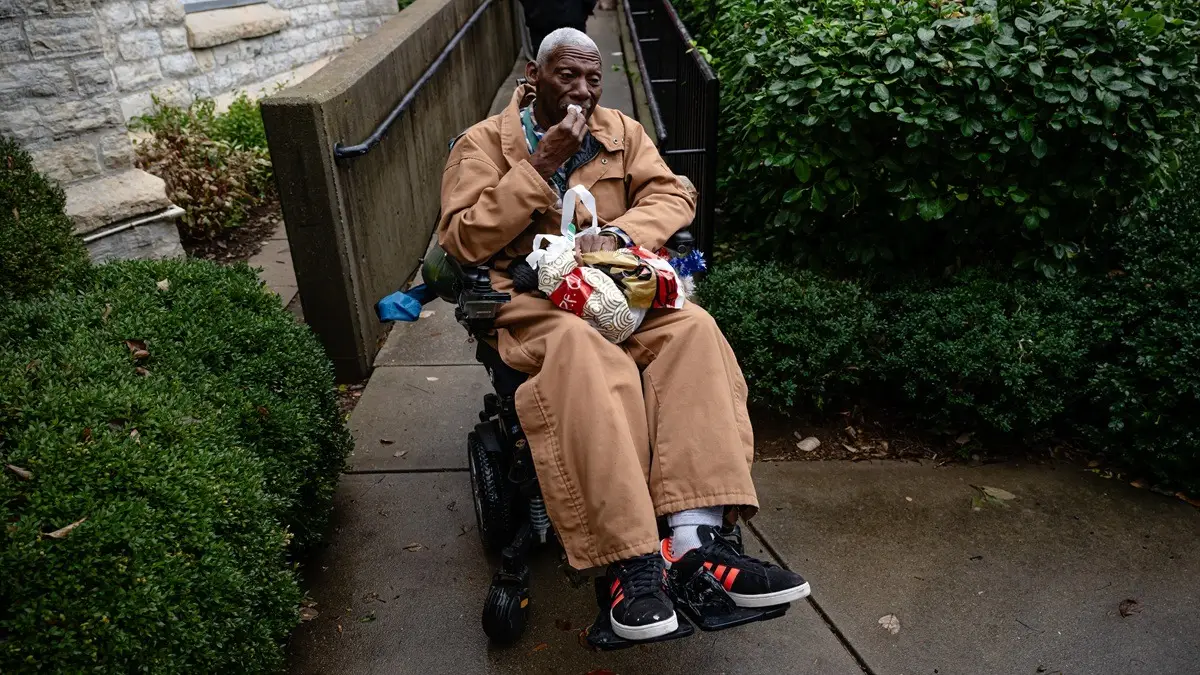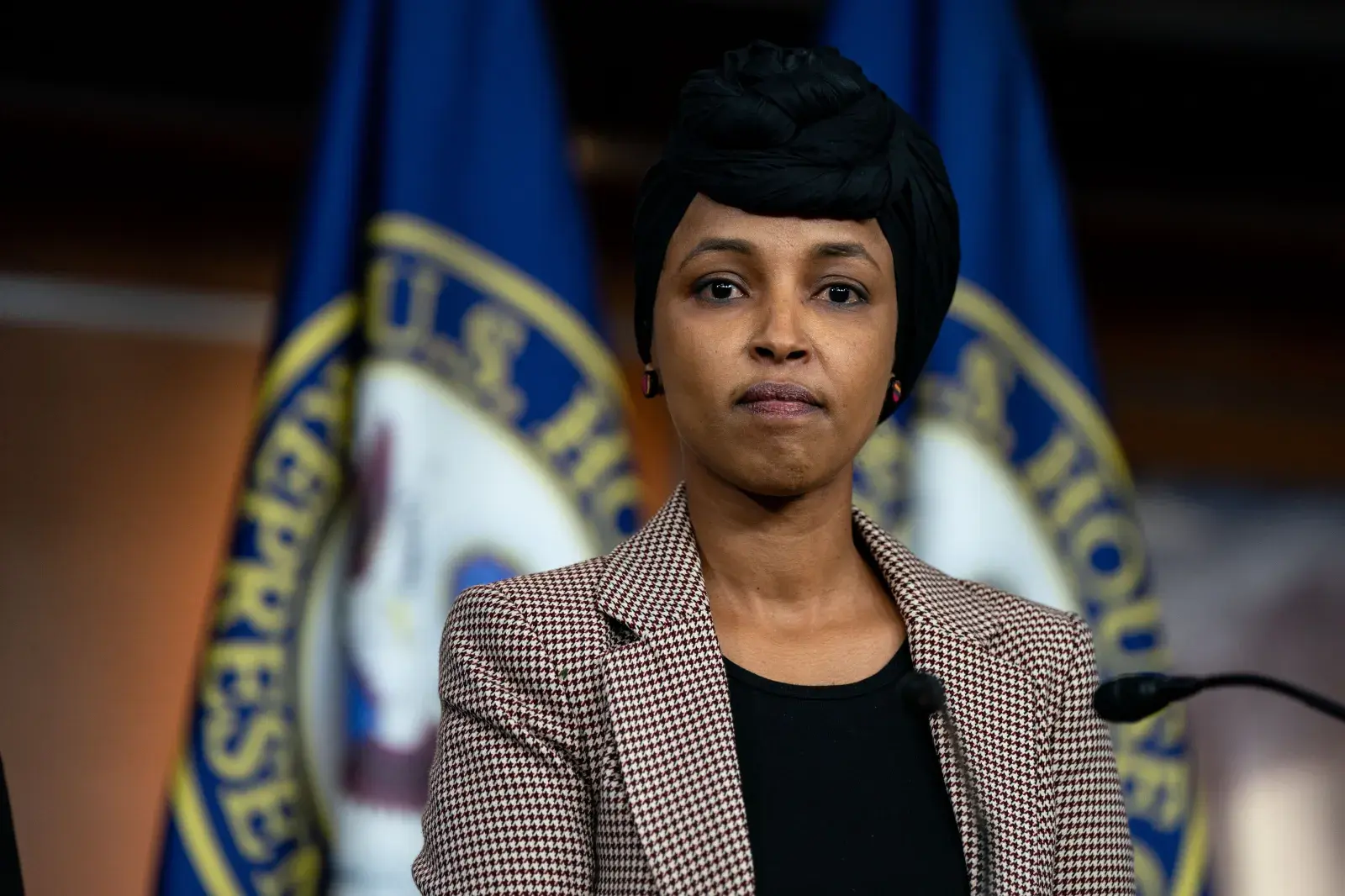Copyright Baltimore Sun

A 16-year-old student athlete left football practice carrying a bag of Doritos. Minutes later, he was on the ground with armed police officers pointing guns at his head. This incident at Kenwood High School in Baltimore County represents everything broken about how we treat Black children in Maryland schools. The AI security system flagged two out of three indicators for a potential firearm. The Department of School Safety and Security reviewed the alert and canceled it within 60 seconds after confirming no weapon existed. The security system is flawed, but protocols worked until Principal Kate Smith decided otherwise. She bypassed established procedures and personally contacted the school resource officer, who then called the local precinct. Both actions violated Baltimore County Public Schools (BCPS) policy and resulted in Taki Allen, a Black teenager, being held at gunpoint for carrying snacks. This incident exposes a leadership failure rooted in fear, bias and dangerous over-reliance on law enforcement. The trauma inflicted on Taki Allen cannot be understated. He was a student who attended practice and was enjoying a snack before heading home. He will carry this trauma for life, and so will every student who witnessed it. When safeguards function correctly but administrators ignore them to summon armed officers, we create conditions where children face guns over everyday school matters. The statistics are damning. Black students comprise 33% of Maryland’s student population but represent 57% of school arrests, nearly four times more likely to be arrested than non-Black peers. In 2017 alone, 1,700 Black children in pre-K through second grade were suspended compared with 490 white children. Maryland’s vague “disturbing school” statute criminalizes minor adolescent behaviors like talking back or being loud. Seventy-three percent of students arrested under this charge are Black. Over 400 Maryland students were arrested in one year for this single offense. The law has been weaponized to criminalize typical childhood behavior when exhibited by Black children. A white student’s “spirited debate” becomes a Black student’s “disruptive conduct.” The Safe to Learn Act of 2018 mandated police in every Maryland public school, fundamentally transforming learning environments into law enforcement zones. Proponents argued this would prevent school violence. Research from Citizens for Juvenile Justice confirms that police presence does not prevent harm. It escalates it, particularly for Black students. Schools with police report higher arrest rates but no measurable improvement in safety outcomes. Adding AI surveillance to schools already saturated with armed officers creates a powder keg. One false alert, one panicked administrator reflexively reaching for police, one biased decision, and a child’s life hangs in the balance. We must not allow fear to direct conduct. Maryland must fundamentally rethink the role of police in our schools, and existing law provides a roadmap. The Child Interrogation Protection Act (CIPA) exists precisely to prevent what happened to Taki Allen. CIPA demands that children be treated with care, dignity and the presumption of innocence. CIPA protects children from reckless adult decision-making, establishing guardrails that ensure fear and bias do not override their fundamental rights and safety. Schools deploying AI surveillance must have rigorous human oversight, clear de-escalation protocols and mandatory safeguards before police involvement. However, protocols are insufficient when armed officers saturate schools. Principal Smith chose to ignore protocol and summoned police. Administrators who violate safety protocols must be held accountable. Without consequences, we signal that Black children’s safety is negotiable. This moment demands a fundamental reckoning with how Maryland defines school safety. Baltimore County must investigate with complete transparency and independent oversight to address systemic failures that allowed an administrator to endanger a child without consequence. Every Maryland school administrator needs immediate mandatory training in cultural humility, de-escalation and bias awareness. Cultural humility means understanding that a Black teenager carrying snacks should not trigger a threat assessment. BCPS must provide trauma-informed counseling for Taki Allen and witnessing students, recognizing that trauma from state violence lasts. True school safety comes from investing in support systems that allow children to thrive. The Maryland Office of the Public Defender will challenge every unjust arrest and advocate relentlessly for what creates safe learning environments: counselors, mental health services and restorative practices. The question is simple: Will we finally treat Black children like children, or will we continue treating childhood like a crime?



